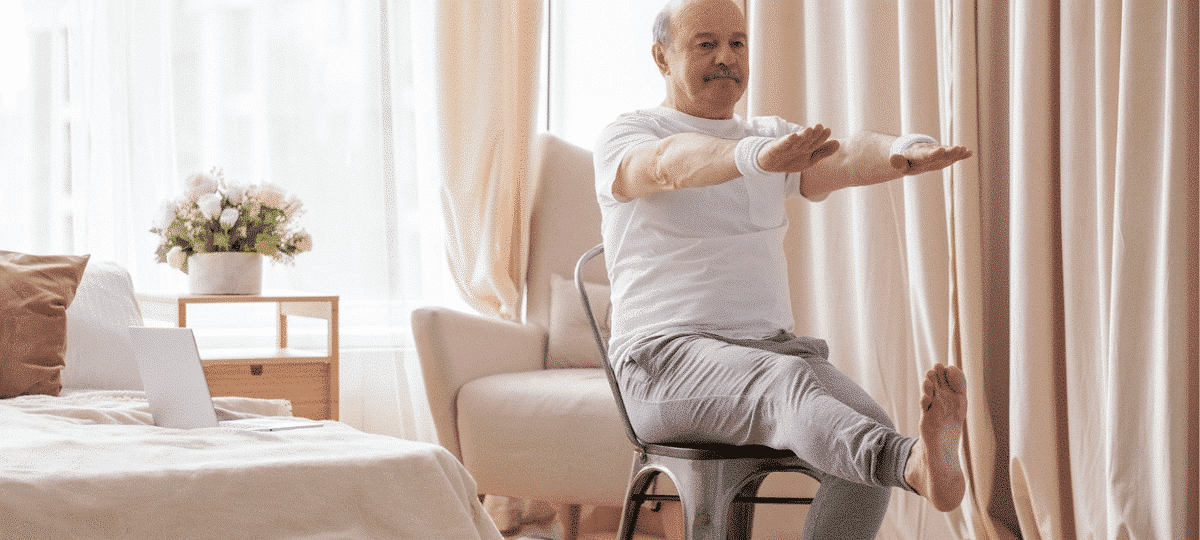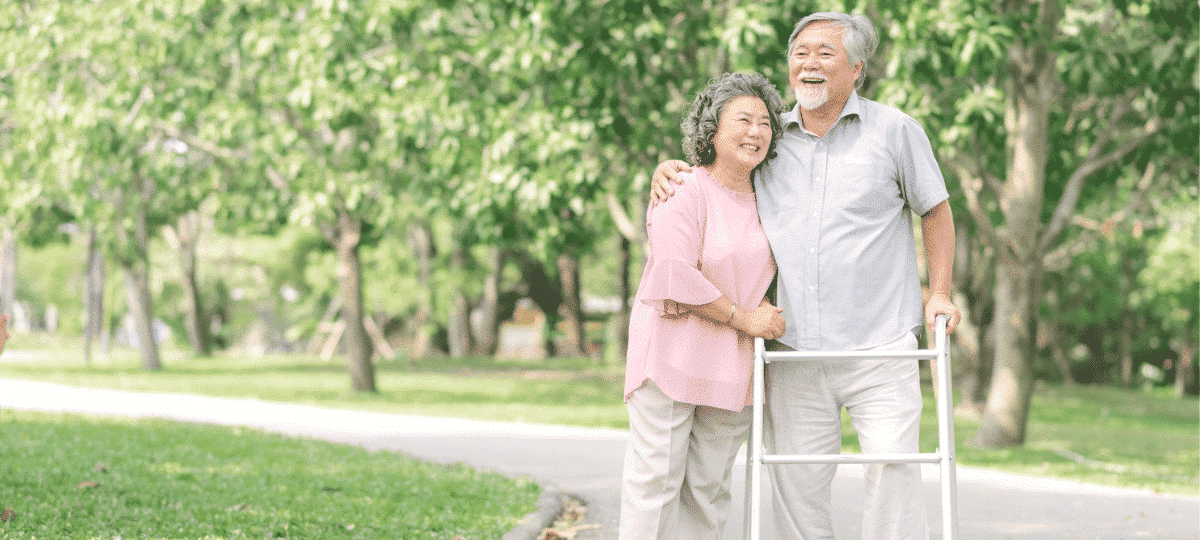Chronic Obstructive Pulmonary Disease (COPD) encompasses a range of respiratory conditions that can significantly impact your ability to breathe comfortably. It’s not uncommon for those dealing with COPD to also face an increased risk of falling. However, the good news is that COPD can be effectively managed, allowing you to continue leading the life you desire.
Embrace an Active Lifestyle
Contrary to what you might think, a diagnosis of COPD doesn’t mean you have to sideline your active lifestyle. In fact, maintaining physical activity is crucial for managing COPD. Regular exercise helps improve your lung function, strengthens your muscles, and enhances overall endurance. It can also reduce the risk of falls by improving your balance and stability.
Understanding the COPD-Fall Connection
To fully embrace an active life with COPD, it’s essential to understand why this condition can increase the risk of falling. Shortness of breath, common in COPD, can make daily activities more challenging and potentially lead to fatigue, which can affect your coordination and balance. Additionally, medications prescribed for COPD might have side effects like dizziness or lightheadedness, which can increase the risk of falls.
4 Ways COPD Increases Fall Risk
There are physical and environmental reasons that COPD makes you more likely to fall. The condition increases risk because:
- It reduces your body’s ability to oxygenate blood, which can make you dizzy, impair your balance or even cause you to faint.
- Medications may make you sleepy or wide awake, which can impact your ability to move safely.
- You could trip on or fall over the cords and hoses for breathing equipment like portable oxygen.
- It can make eating and swallowing more challenging, so you might become weak from malnourishment.
Knowing the risk factors can help you and your family members stay safer.
3 Ways You Can Decrease Fall Risk
If you’re living with COPD, you can lower the chances of tripping and falling. Planning ahead improves your ability to avoid a fall, reduce the impact of one, and get the help you need. Start by:
- Asking your doctor to explain how your condition and the medications used to treat it impact your risk of falling.
- Making changes to your living space that remove slip, trip and fall dangers, not just from medical equipment.
- Devising a fall response plan that includes:
- Wearing a medical ID so people know how to help and who to call if you’re unconscious or unable to speak.
- Practicing how to transition from lying on your back or side to sitting or standing.
- Remembering the three ways to get help if you can’t sit or stand up: call out for help if someone else is home, use your medical alert system, or dial 9-1-1 if your phone is within reach.
These preventive actions can have a big impact on your or your family member’s ability to recover from a fall.
The Road Ahead
Remember, COPD is a manageable condition, and with the right approach, you can continue to enjoy an active and fulfilling life. It’s essential to work closely with your healthcare team to develop a personalized plan that addresses both your COPD symptoms and fall prevention. By taking proactive steps and maintaining a positive outlook, you can confidently stride forward toward the life you want to lead.
Don’t disregard professional medical advice, or delay seeking it, because of what you read here. This information is not intended as a substitute for professional consultation, diagnosis or treatment; it is provided “as is” without any representations or warranties, express or implied. Always consult a healthcare provider if you have specific questions about any medical matter, and seek professional attention immediately if you think you or someone in your care may be experiencing a healthcare condition or medical emergency.




